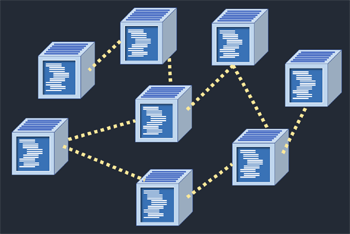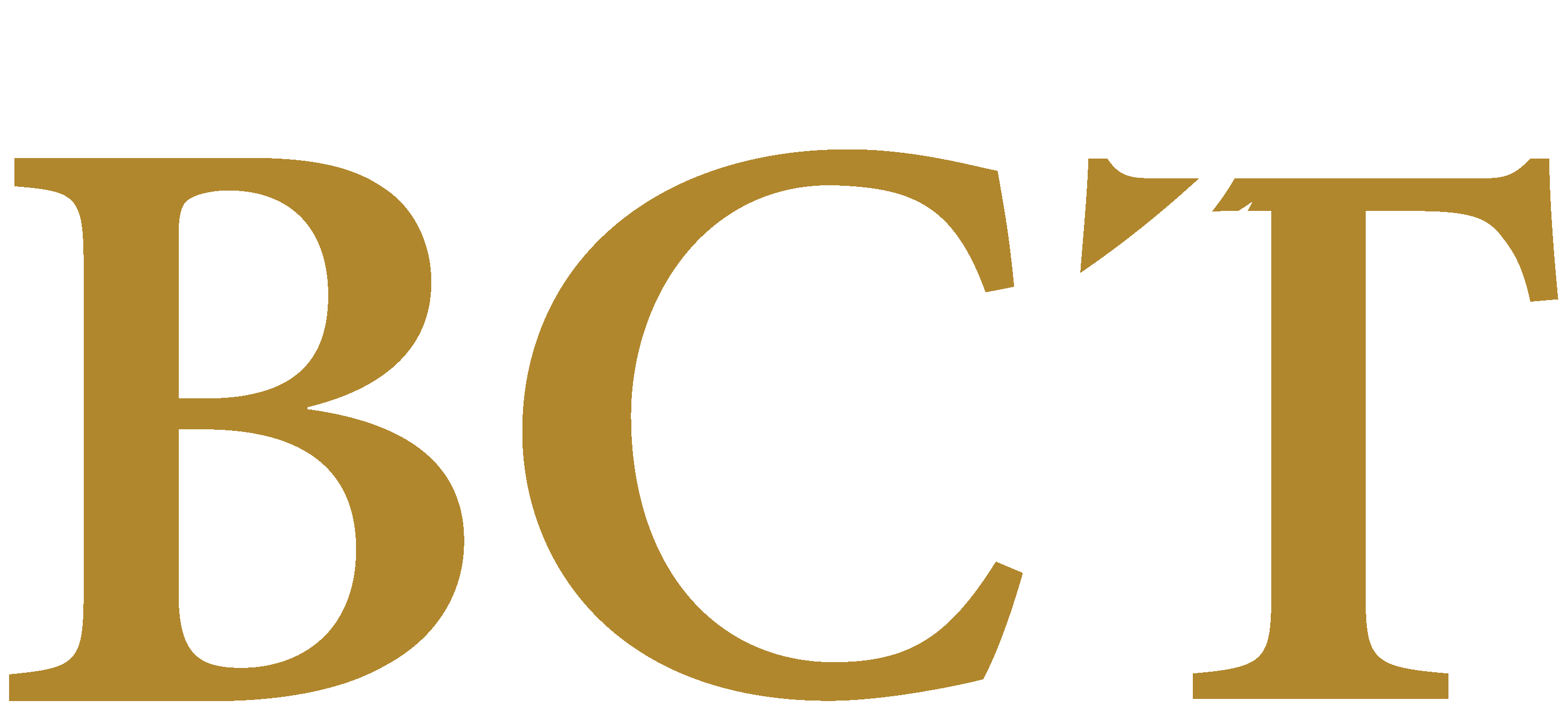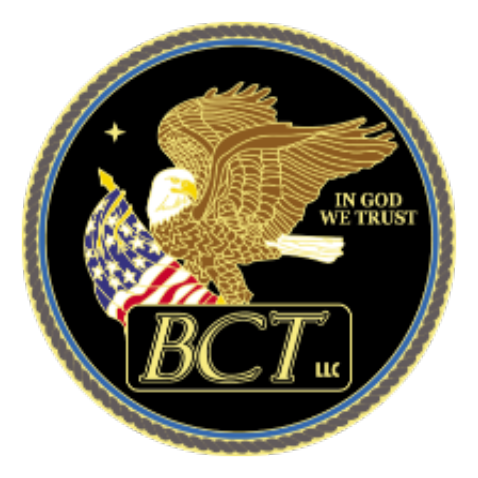Commercial Products

Blockchain has a magical attraction to entrepreneurs. As happened in the 70's and 80's tech boom, there are many start-ups with a few highly talented engineers and the right knowledge to meet today's needs with the killer-app blockchain. Most of them will disappear or will be acquired by bigger and more fully capitalized rivals. Very few will be the new Apple. Despite the sceptics, several very large companies believe in blockchain and are diving deeply into the technology, committing substantial resources. Some of this commitment comes from believing that blockchain, with proper nourishment will successfully fulfill its potential. Another part of the commitment comes from the fear that if they don't engage, someone else will and they will lose market share. This year's Forbes Global list of the 2000 largest public companies in the world reveals that at least 50 of the 2000, and all 10 of the largest companies, are exploring blockchain. 22 of these 50 companies are located in the US, 8 are located in China, and the remaining 20 are scattered throughout the world. A partial list of these companies investigating, testing, operating, or offering blockchain products includes the Who's Who of the tech world. More details of these and other blockchain products can be found in the links page at the end of this topic.
Oracle

Oracle joined Hyperledger Fabric in 2017 and promoted a blockchain cloud service as a collaboration tool to test blockchain distributed ledger and smart contracts technology for business networks. In July 2018 Oracle made available a fully-managed immutable block-chain-as-a-service (BaaS) for companies to test distributed ledger technology to handle applications such as supply chain and customer financial transactions without the capital costs of internal deployment. It should be noted that trial BaaS blockchains are cloud-resident and thus diminish one of the most appealing blockchain attributes testing the ability to cut out the middleman by enabling a peer-to-peer network controlled by its users.
IBM

In 2014 a handful of IBM technologists began studying blockchain. Today over 1,500 blockchain experts are working with the Linux Foundation to create a fast, robust and secure Hyperledger Fabric based IBM Blockchain Platform that can meet the scale demands of today's market and the associated millions of transactions per second. IBM is offering the Platform to Hu-manity.co to enable consumers to exercise control of the use of their personal data.
Amazon

Amazon Web Services (AWS) has joined the list of BaaS providers allowing customers to test blockchain technology without the cost and risk of deploying it in-house. Amazon's BaaS, unlike many others, is well positioned for adoption because of the already wide-spread use of its AWS platform. Amazon also offers an AWS Blockchain Template to provide customers a quick and easy way to create and deploy a secure blockchain network so that the customer can focus their efforts on applications and building a business blockchain.
Microsoft

In 2016 the software giant, using Microsoft Azure, was the first to bring blockchain to the cloud. Currently Microsoft is building bridges between these blockchain services and widely used infrastructure and platforms, such as Office 365 Outlook, SharePoint Online, SAP, and Twitter. As part of the evolution of Big Data, cloud computing enabled departments within the same company or concurring companies to break out of their data silos and collaborate on heterogeneous data sets. In addition to blockchain efficiencies, one of the less-discussed benefits of distributed ledger technology (DLT) in a cloud environment is that it amasses data from multiple companies in a standardized format at scale. The result is that with the addition of increasing smarts through machine learning and artificial intelligence, the potential to mine data for all sorts of insights becomes limitless. Additionally, Microsoft offers integration tools such as Microsoft Flow and Logic in Azure Blockchain Workbench (using Ethereum Proof of Authority) to make the creation of blockchain apps easier.
Apple

Apple has filed a patent for using blockchain technology to timestamp data for a timestamp verification system. The technology would use multicheck architecture incorporating Public Key Infrastructure (PKI) and blockchain to verify the authenticity of timestamps to protect secure elements (SE) such as SIM cards or micro SD cards that could contain critical information. By increasing security from malicious user disruption of the timestamp before it reaches the SE, PKI and blockchain architecture timestamp verification would aid GPS and other systems that are dependent on accurate timestamps. A sample list of other systems and network servers reliant on timestamps that might benefit would include: Data backups; Network Intrusions to pinpoint malicious attack times; Network management systems to locate and fix problems; and Trading systems.
Blockstream

In 2014 Blockstream, a small innovative company and global leader in Bitcoin & blockchain technology, began renting time on satellites. As of 17 December 2018, with the 5th satellite on-line, Blockstream private bitcoin sending and receiving capabilities reach almost every corner of the Earth, without internet connections. In addition to bitcoin transactions and market data, these links can be used for natural disaster notifications and secure personal messaging to very remote locations.
Continue to Government Initiatives.







